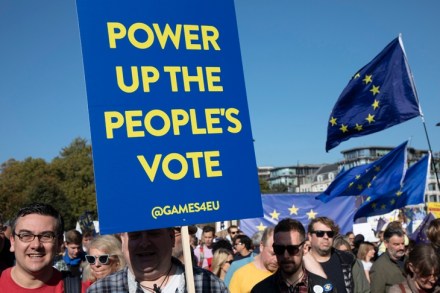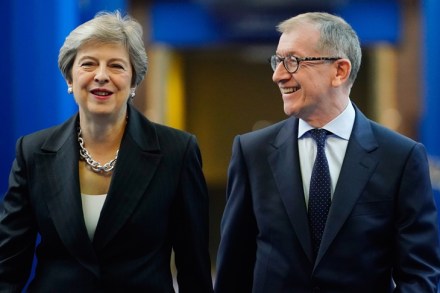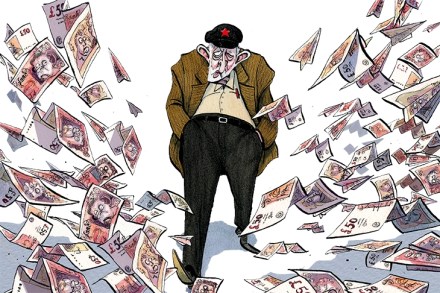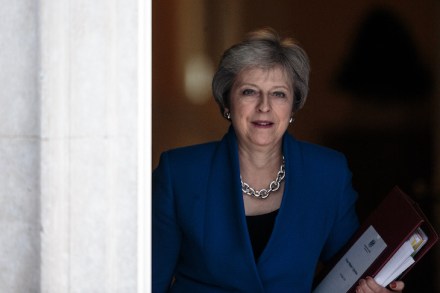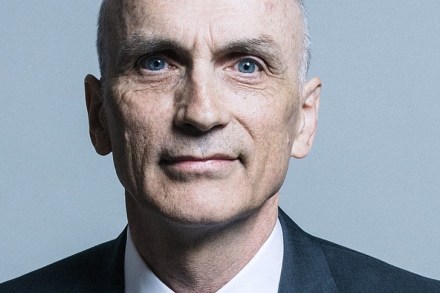In defence of Diane Abbott
The question I had hoped to pose this week was this: “Do people dislike Diane Abbott because she is black and a woman, or because she is useless?” But then I worried that we would come to a fairly definitive conclusion a long time before my allotted 1,000 words had been used up. “The latter, I think,” is the response I have heard time and time again, both from Labour supporters and Tories. For the entire day before Abbott’s appearance on Question Time, in which she thinks she was treated badly on account of the colour of her skin and her gender, my wife had been bouncing around the house



